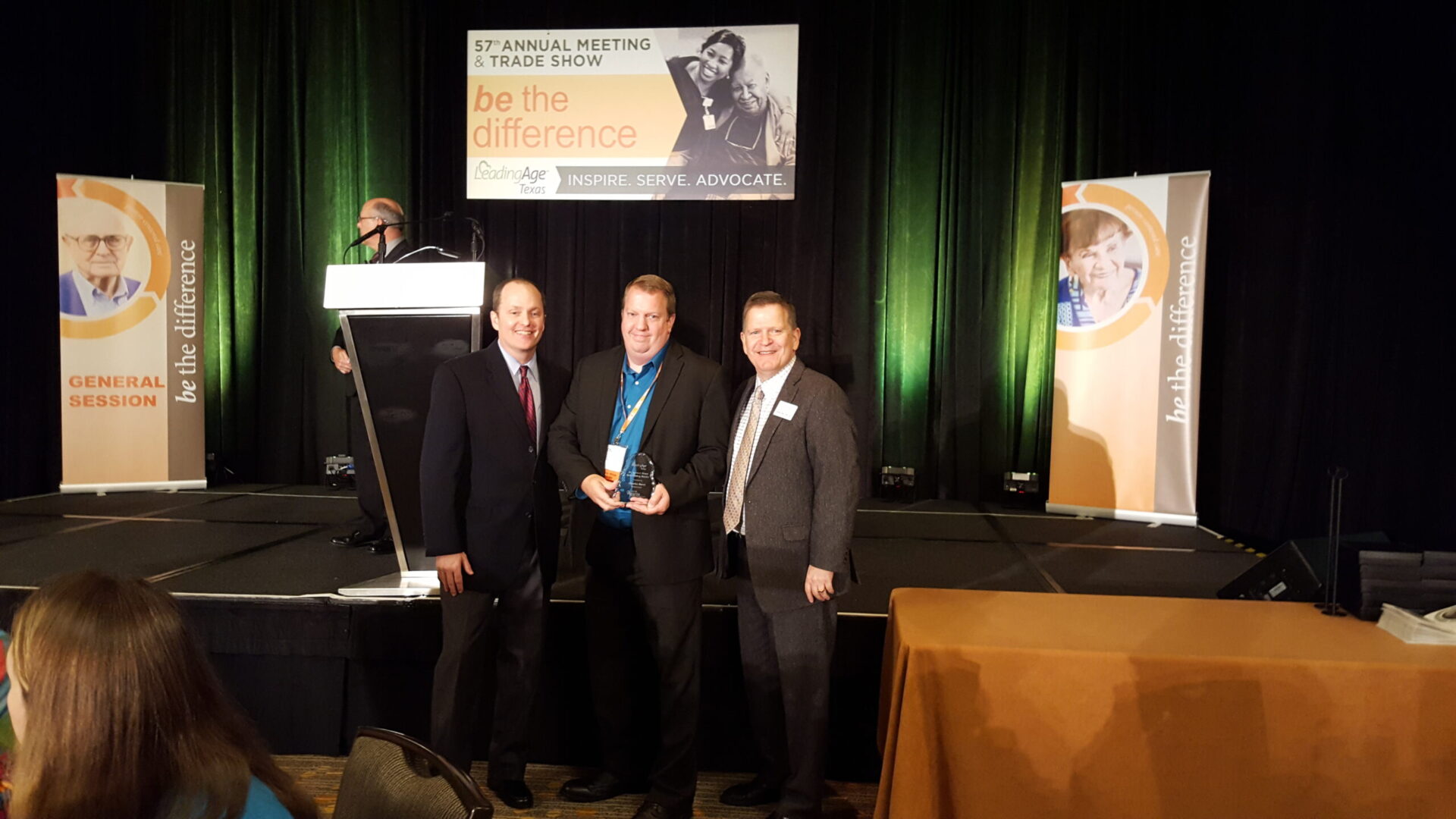Ringing in the New Year with 7 Key Mindsets to Develop and Sustain the Habit of Exercise
When we have daily habits that sustain our physical and emotional health, we are in a better position to weather unexpectant difficulties. One of the most beneficial habits we can develop is a regular exercise routine. Not only does it benefit our heart, lungs, and muscles, physical activity also elevates our mood and boosts our immune system.
If you would like to enjoy the positive effects of regular exercise but have struggled to establish a routine, here are seven key mindsets that you can put into practice immediately.
1. Self-awareness is essential. Try various options, such as classes, videos, personal training sessions, going for a walk, etc. What feels good? When do you have fun? When do you wilt? If it feels good, you are on the right track.
2. Many people find it difficult to notice the messages sent by the body in response to various daily lifestyle choices. Non-verbal cues such as fatigue or energy, pain or ease of movement, upbeat or downcast mood, can be vague if one is not used to paying attention. Once you start paying attention, you get better at knowing when you are doing the right thing and when you need to try a different approach.
3. Self-judgment is a hindrance. It is a form of self-abuse, which is at odds with the goal of thriving and living a healthy life. Negative self-talk gets in the way of making clearheaded decisions in the moment. Accept where you are and do the best you can. Be your own best friend.
4. Create the environment and seek the help that matches your needs. There are many ways to be physically active. If you need a coach, or an exercise buddy, or you are at your best at a certain time of day, don’t fight it.
5. When adopting a new exercise program, people often expect too much in the beginning and not enough in the long term. Initially, the physical changes might not look dramatic even though they are happening at the cellular level. In a few days or weeks, you can begin to learn new skills, introduce new habits and build a little fitness.
6. Don’t set goals you don’t care about. You won’t do well, and it will undermine your sense of competency. When you think about setting a new goal, picture it in detail. Is it thrilling? Even the parts that might require hard work? If not, if there is no spark, let it go.
7. Research indicates that if we want to adopt a desirable habit, such as exercising regularly, we need to focus on reducing any obstacles rather than creating incentives. Ask yourself: “What is standing in my way?” Identify and remove those obstacles to achieve the desired behavior change.




